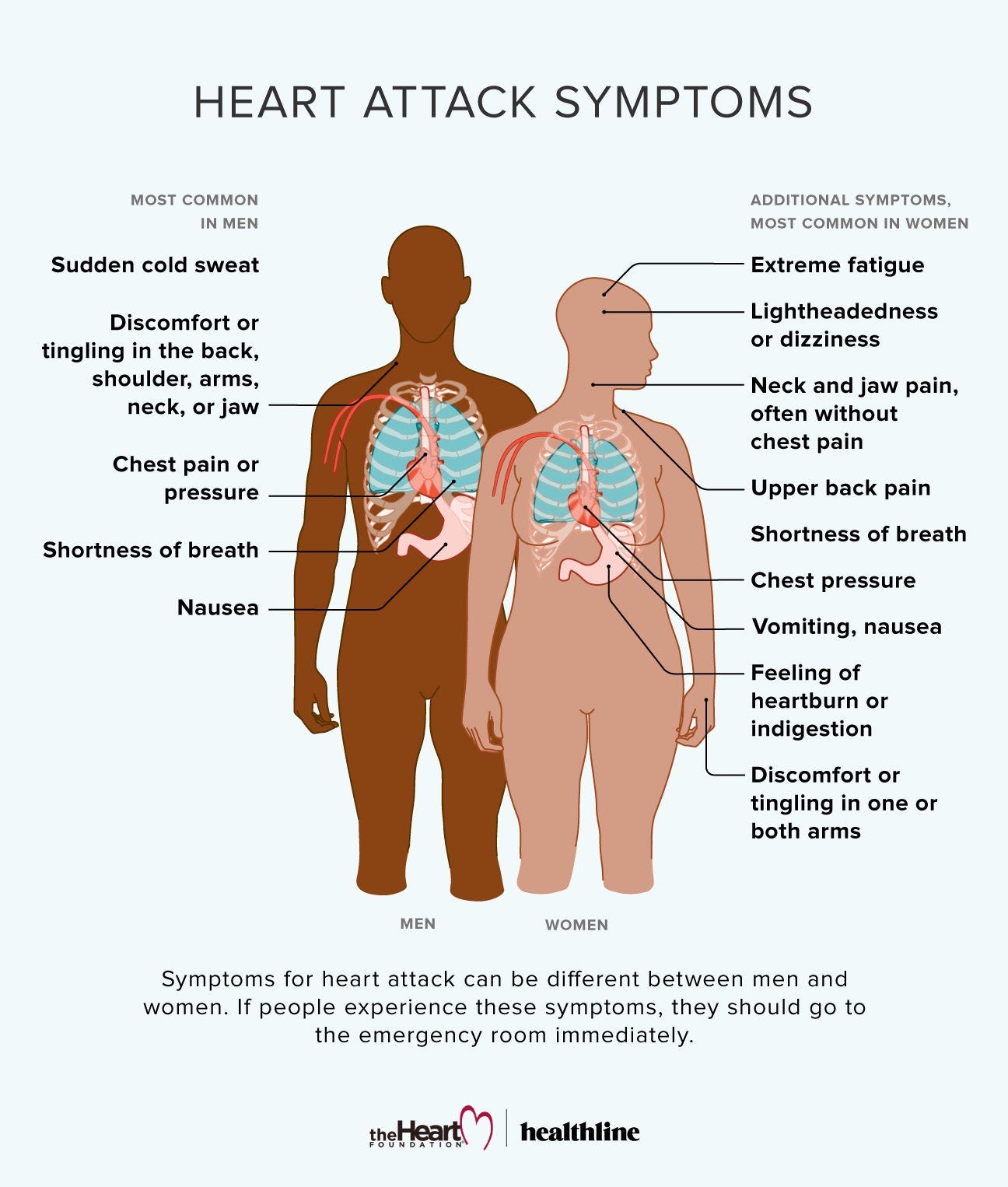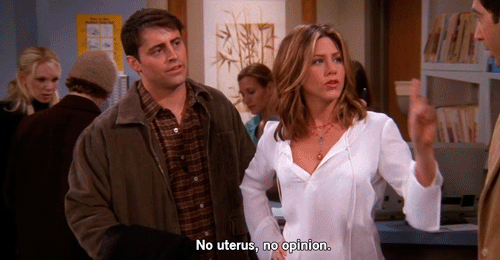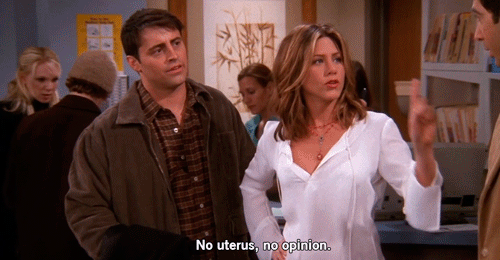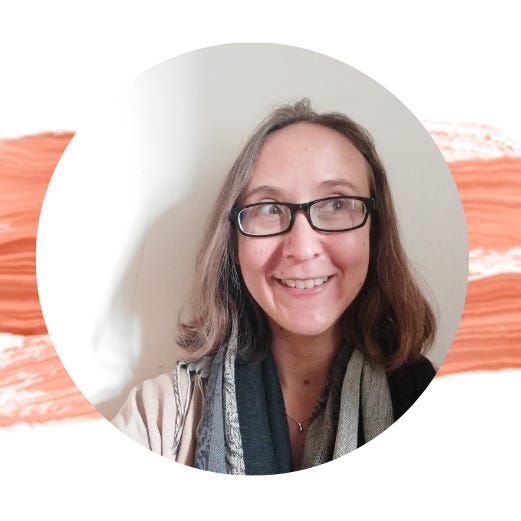Why do we constantly dismiss women when they need healthcare?
Underrepresentation in research & dismissed in practice, it's a hard life for women when they want healthcare.
“Women need 9 hours of sleep per day (on average) and an extra hour during their menstruation phase.”
I’ve seen reels & articles talking about how research on sleep has been biased towards men in the past. Most of the studies were done on male bodies, including few or no women in the sample size.
This is seemingly the first sleep study to study the link between menstrual cycles, emotions, and sleep patterns. Now, while I couldn’t find the sources to back the claim that this is the first sleep study including women, it got me thinking because medical & healthcare research has definitely been biased towards men in the past.

Why isn’t there more gender-inclusive research?
It was only 31 short years ago that women were mandated to be included in research about human bodies & the things that affect us all.
The Revitalization Act of 1993 codified that NIH-funded research needed to include minorities and women, including those of childbearing age. However, since NIH-funded research accounts for only 6% of all clinical trials, the reach of the NIH Revitalization Act remains limited – and some race- or sex-based effects still go unstudied.
In contrast, clinical trials date back to the 1740s, but women continue to be underrepresented across the spectrum. For the purpose of this article (and to keep it within email inbox limits), I’m only focusing on gender bias and representation in medical research and healthcare. However, we can’t forget that there is a strong racial element in whether and how people are considered for clinical trials and receive medical help.
“The Baltimore Longitudinal Study of Aging, which began in 1958 and purported to explore ‘normal human ageing’, didn’t enrol any women for the first 20 years it ran. The Physicians’ Health Study, which had recently concluded that taking a daily aspirin may reduce the risk of heart disease? Conducted in 22,071 men and zero women. The 1982 Multiple Risk Factor Intervention Trial – known, aptly enough, as MRFIT – which looked at whether dietary change and exercise could help prevent heart disease: just 13,000 men.” - The Guardian
Let’s take a step back from the research & stats and get anecdotal for a sec.
Almost every woman who’s ever been to the doctor to seek medical advice has been dismissed — whether she realizes it or not. Whether it’s weight or menstruation or, lack of children or the crowd-favourite “it’s your hormones acting up”, there’s always a reason doctors refuse to do further tests or listen to women’s complaints about their health.
On TikTok and Instagram, several influencers have shared a ‘hack’ to get more medical professionals to listen to you: Ask them to note on your charts that they’re refusing to test you for XYZ.
How incredibly fucked up is it that we need to resort to hacks and basically make them take ownership for doctors to take you seriously?
The Journal of the American Heart Association reported that women who visited emergency departments with chest pain waited 29% longer than men to be evaluated for possible heart attacks.
Why aren’t women believed when they say they’re in pain?
Another aspect where the medicine or medical professionals routinely fail women is pain management.
Last year (2023), Yale University was sued by several former patients who underwent extremely painful fertility procedures without painkillers — even though they were told they’d receive some.
Yale said in a statement that it “deeply regrets” the women’s distress and has “reviewed its procedures and made changes to further oversight of pain control and controlled substances.”
Being dramatic, overreacting, or exaggerating pain is commonly associated with women. This, in turn, affects how they’re treated and how seriously they’re taken due to their trustworthiness.
“One woman was told she was being “dramatic” when she pleaded for a brain scan after suffering months of headaches and pounding in her ears. It turned out she had a brain tumor.”
It has been reported that women with angina are less likely to receive successful treatment (43%) than men (53%). Another study has highlighted how women are 13–25% less likely to receive painkillers for abdominal pain than men. And, of course, everyone knows that men get laughing gas when they get a vasectomy, but few women ever get or are offered the same for an IUD procedure.
Women, particularly those rated of low trustworthiness, were estimated to have less pain and to be more likely to exaggerate it. Unexpectedly, judgments of exaggeration and pain estimates were independent. Consistent with those judgments, men were more likely to be recommended analgesics, and women to be recommended psychological treatment.
When being a womb trumps being a woman
In general, women’s bodies have been dismissed when it comes to scientific and healthcare research because of the aforementioned hormones. They’re too unpredictable as a variable. Another reason women are denied participation in clinical trials (or sometimes even autonomy over their own bodies) is because we have the ability to bear children.
There are so many women who’ve gone to the doctor to get their tubes tied but have been refused or told to bring their ‘husband’ along so he can give her ‘permission.’
“Since women are born with all the eggs they will ever produce, they should be excluded from drug trials in case the drug proves toxic and impedes their ability to reproduce in the future.
The result was that all women were excluded from trials, regardless of their age, gender status, sexual orientation, or wish or ability to bear children. Men, on the other hand, constantly reproduce their sperm, meaning they represent a reduced risk. It sounds like a sensible policy, except it treats all women like walking wombs and has introduced a huge bias into the health of the human race.
The practical implications of not listening to women about their own bodies or not including them in research can be really fucked up. For instance, I didn’t know until about a few short years ago that the symptoms of a heart attack are different for men and women.

If a male around me collapsed with the symptoms I’ve learned by heart, I’d know to call an ambulance and relay that he’s having a cardiac arrest. For a woman? I would’ve told her she’s probably sick, so it’s a good idea to take a day off and rest!
What did you think of this issue?
Your anonymous feedback helps me improve. Thanks!
If you liked this issue (or the newsletter in general), feel free to buy me a coffee or two!
Nia’s newsletter rec!
, by , is one of my favourite newsletters to read when it hits my inbox. Katie is an award-winning book marketer who helps publishers and authors create more effective marketing plans. If you're in the publishing industry, this is like necessary reading. If you're a human being, you'll like her behind-the-scenes of being a freelancer & a single parent.Check out What's in a Cover or her thoughts on goal setting. The latter is not about "being productive 24/7"— my favorite tip is "setting kind goals."
From my open tabs to yours 🤓
Slim pickings today since I’m nursing a bad cold & an exhausted body. Please send good wishes for an early recovery.
To watch (1 min): how the current liver transplant process is biased against women.
Further reading: From heart disease to IUDs: How doctors dismiss women’s pain
Take it slow, friends:
For the chronically online like me: cathedrals everywhere for those with eyes to see
Thanks for reading! Please hit the heart below or drop a comment if you liked it (helps more people find this newsletter + gives me a serotonin boost). 🖤







Wow, just casually crying. Almost 4 years ago, I began a terrible terrible chronic illness journey I hope no one ever has to experience. "It's just IBS!" everyone told me, over and over. That I was exaggerating symptoms. Not only did they find endometriosis (and tissue growing all over the outside of my uterus, intestines, and more places I'm too polite to name here...), but just 3 months ago, they FINALLY ran the remaining tests I'd been asking for, and I had a stomach parasite attacking my system that was solved with ONE DAY'S WORTH of antiobiotics. I lost 3 years of my life because no one believed my debilitating stomach pain and just thought it was IBS. I'm still really reeling from it and emotional about it — I hope one day I move on. But for now, I will continue to advocate for women's health because it is entirely unfair and we are OVER IT.
Have you read this book: https://carolinecriadoperez.com/book/invisible-women/ It is so amazing and life changing.